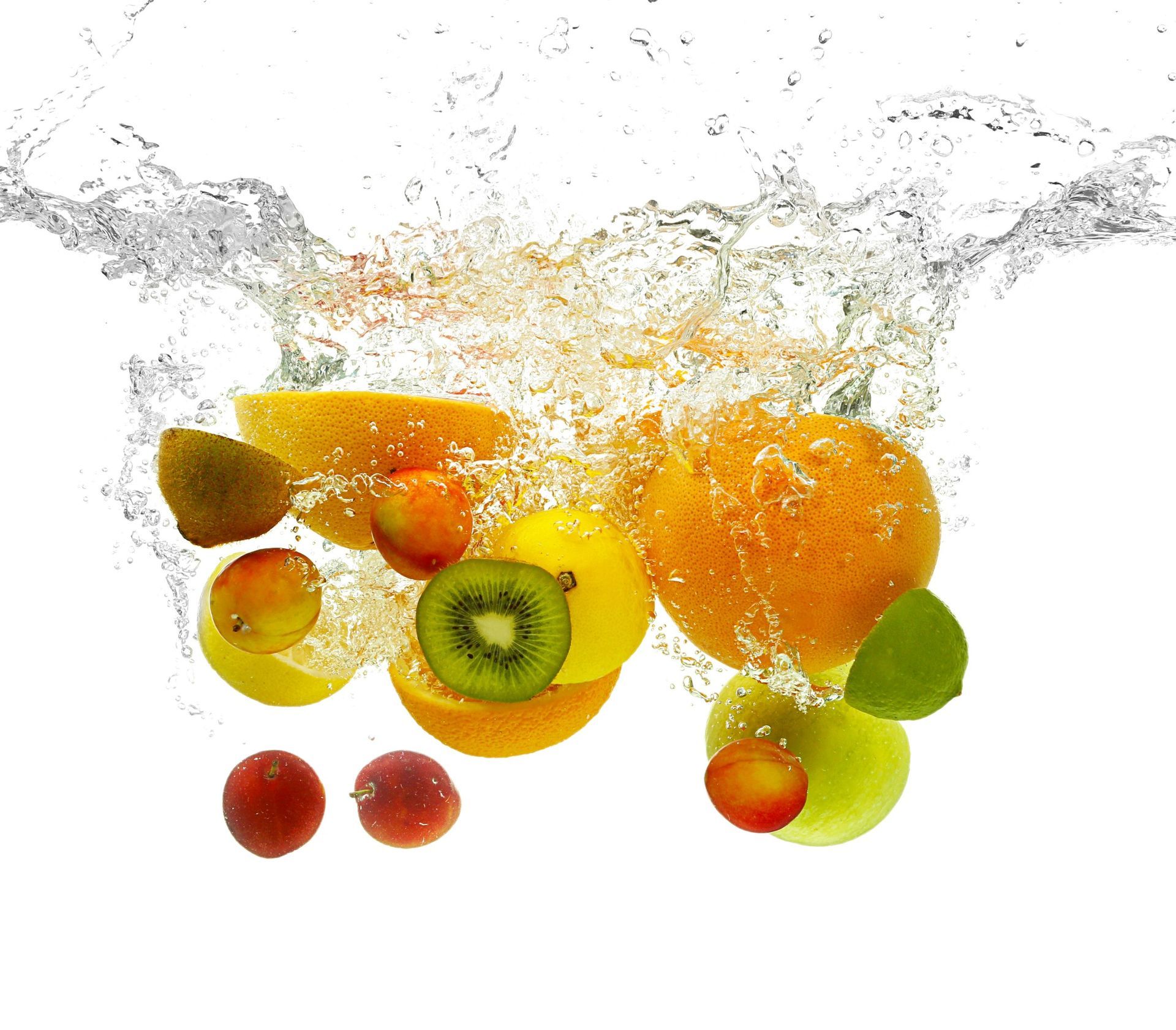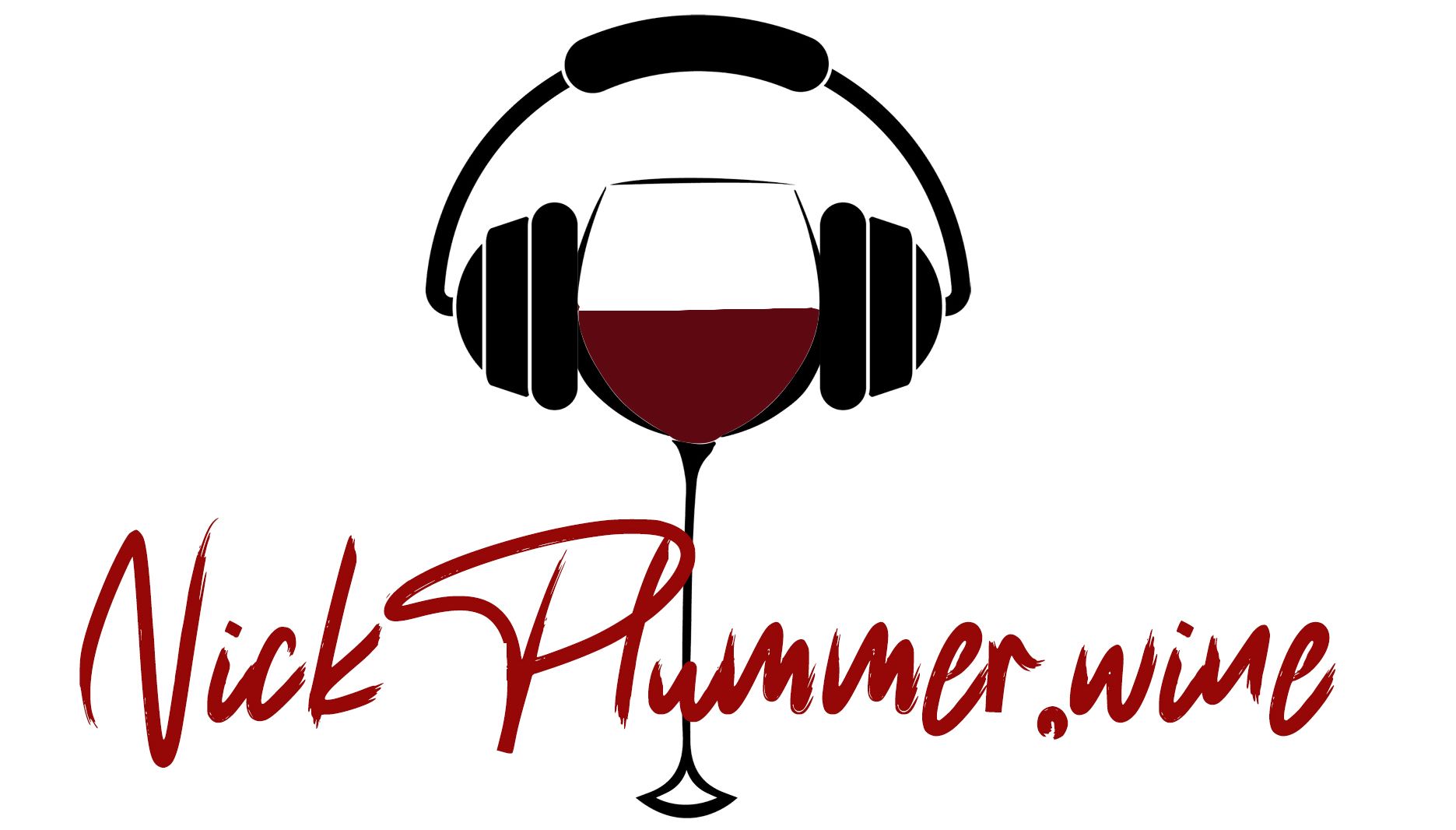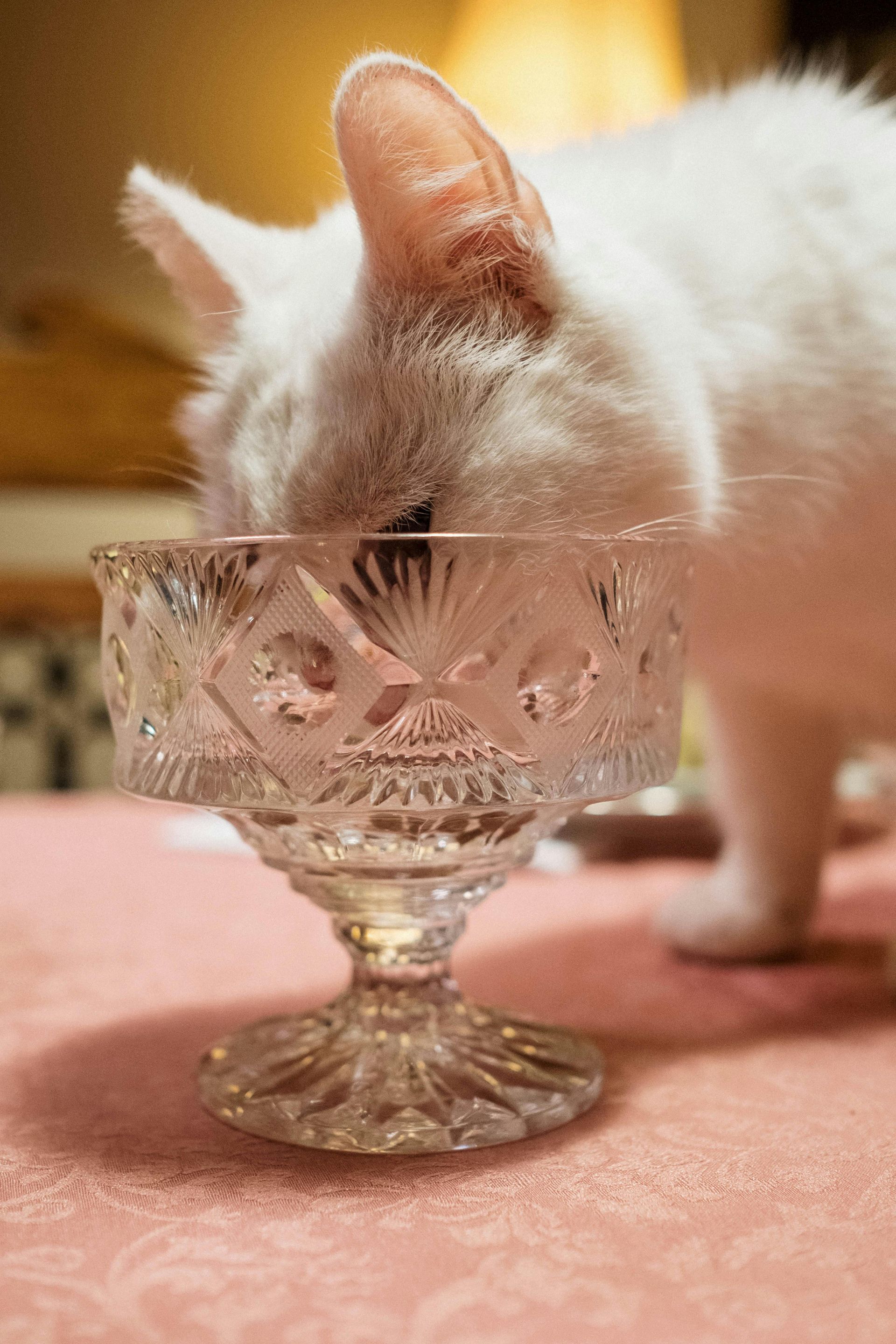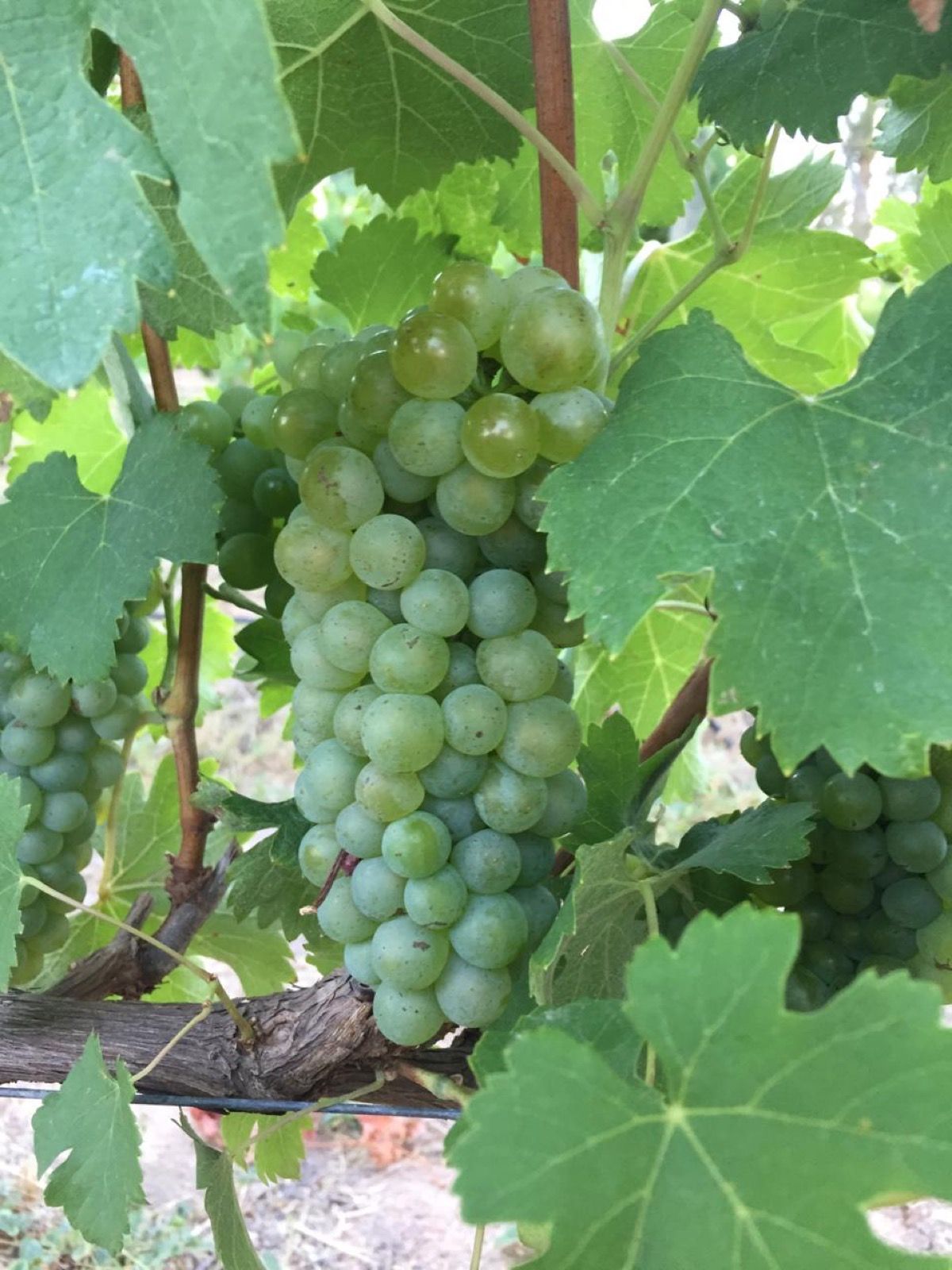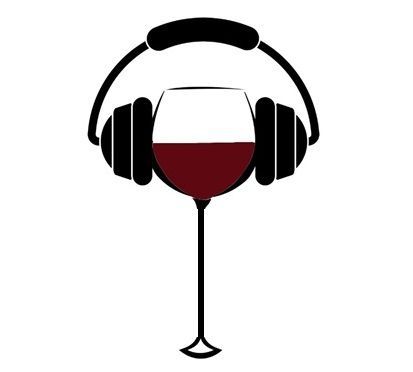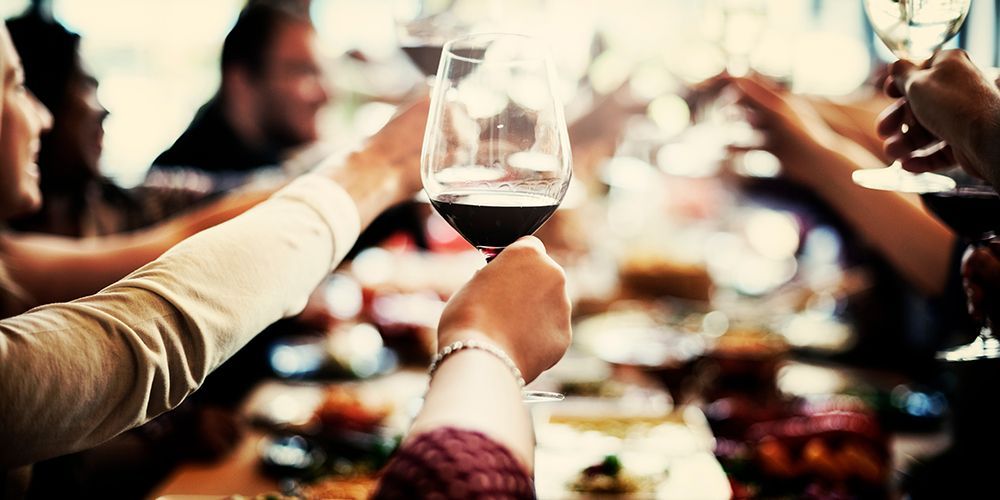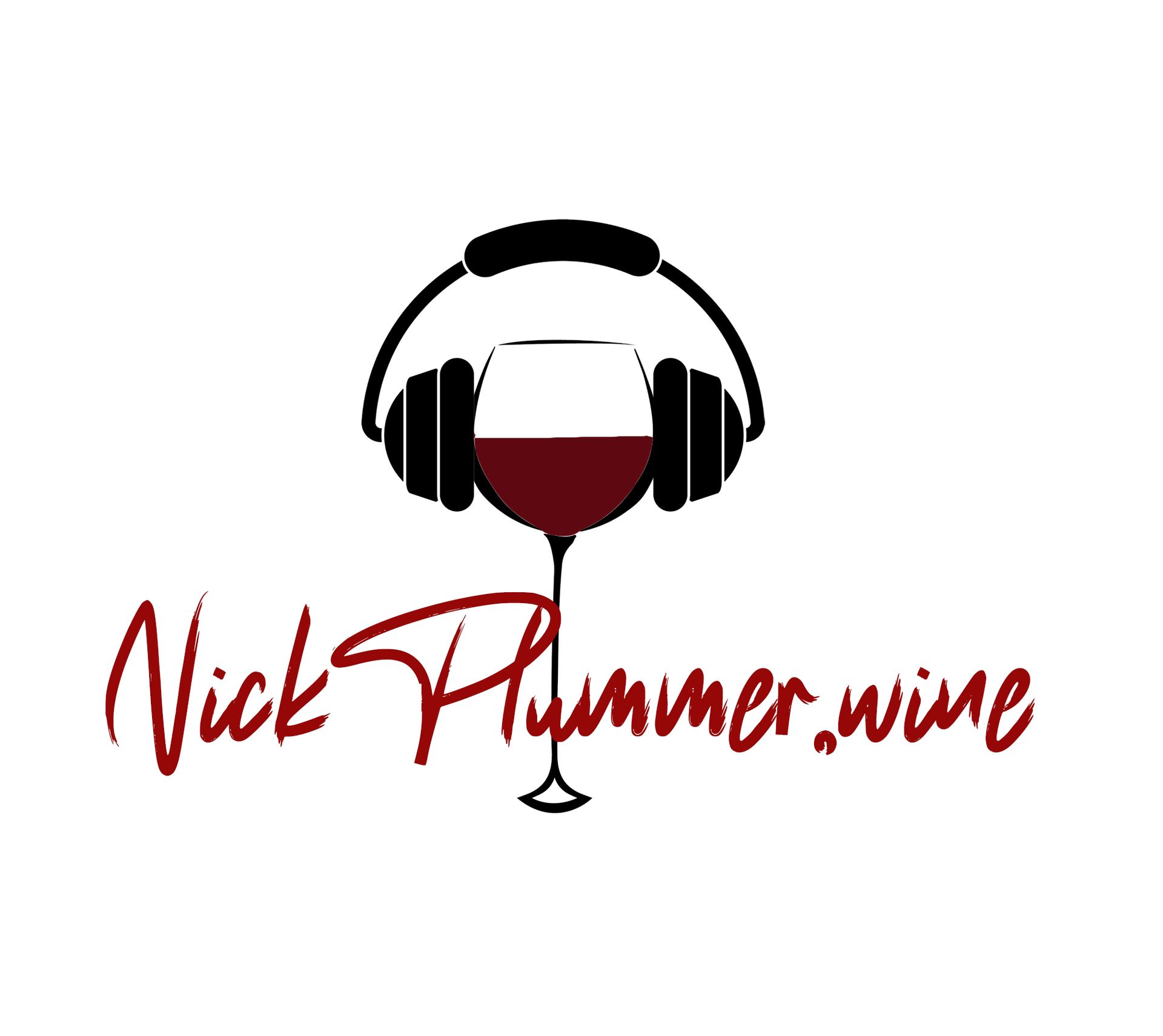Let's dispel a few myths...You don't have to be a wine snob to enjoy wine!
Let's dispel a few myths...You don't have to be a wine snob to enjoy wine!
Wine tasting has an ‘elitist’ reputation, loads of strange people slurping and sniffing away, and mumbling in hushed tones about the “sense of place,” “poise,” “elegance” and “tannic grip.”
Sheesh.
The reality is actually a lot more relaxed, fun and informative.
Preconceptions, myths and misgivings abound. For example, people are reluctant to go to wine tastings – they worry that their palate isn’t suitably refined; that they need to appear knowledgeable; or that their lack of wine knowledge will be shown up. It’s simply not true. And if you go in with that attitude, you’ll have a dreadful time. Or feel obligated to buy one or two bottles of wine, and leave with the next-to-cheapest bottle under your arm as a guilt purchase. Don’t be that person!
We leave the ‘elitist behaviour’ to the folks who have probably never paid for a bottle of wine, and spend their lives swirling, sniffing, slurping and spitting. There’s no real fun to be had there! The good news, is that you’ll rarely come across those people at social wine tastings.
A good wine is one which YOU enjoy
When you're wine tasting, you have the perfect opportunity to try a wine without buying it (although most wine tasting events do give you the opportunity to purchase or order wines at great prices).
Importantly though, remember that no two people have the same taste, and every wine is appreciated on an individual basis. Don’t think you have to like a wine simply because everyone else is going crazy over it.
From this alone, a ‘good’ wine is one which you enjoy personally. It can be R50 / bottle, or it can be R1000 / bottle. It can be a name that everyone knows, or it can be from a completely obscure brand. It’s all down to YOU! The most expensive wine isn’t necessarily the best one for you.
Dump the tasting notes
The actual tasting of a wine is a personal experience. Tasting notes are there as a guide, not an instruction, as to what aromas and flavours to expect. Your senses may pick up something completely different from the person sitting next to you.
Nick’s top tip: Don’t look at the tasting notes before, or while tasting the wine. Draw your own conclusions and refer to the notes if you want to identify a particular taste. Because our memories associate flavours with texture (such as biting into a crisp Granny Smith apple), the flavour of a Granny Smith apple may be present in a wine, but without the actual texture of the apple, you may not be able to identify the actual flavour.
Nick Plummer Blog
